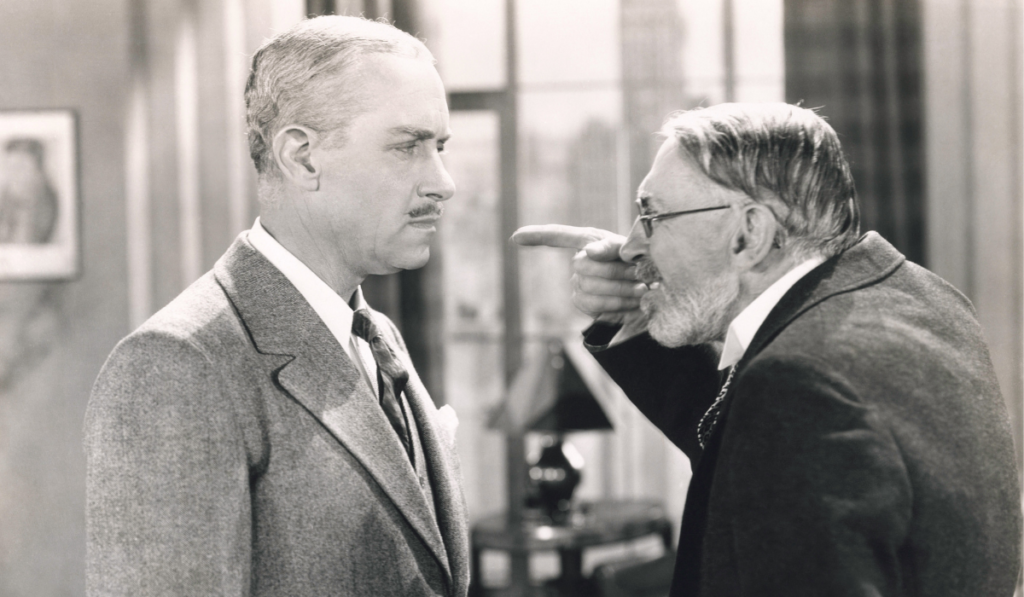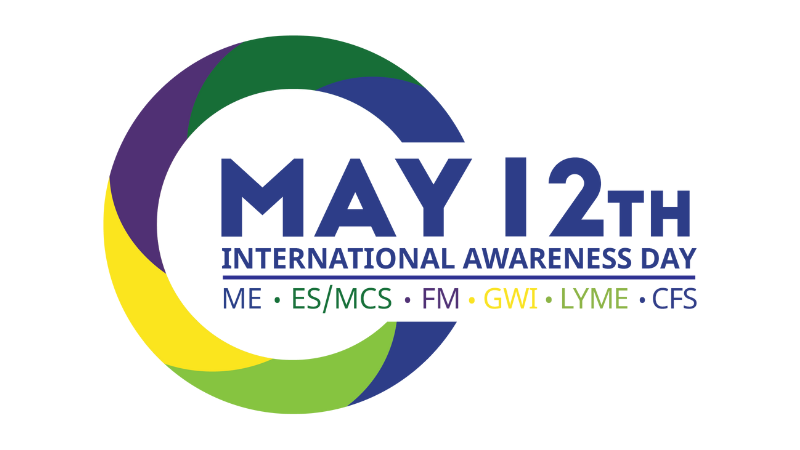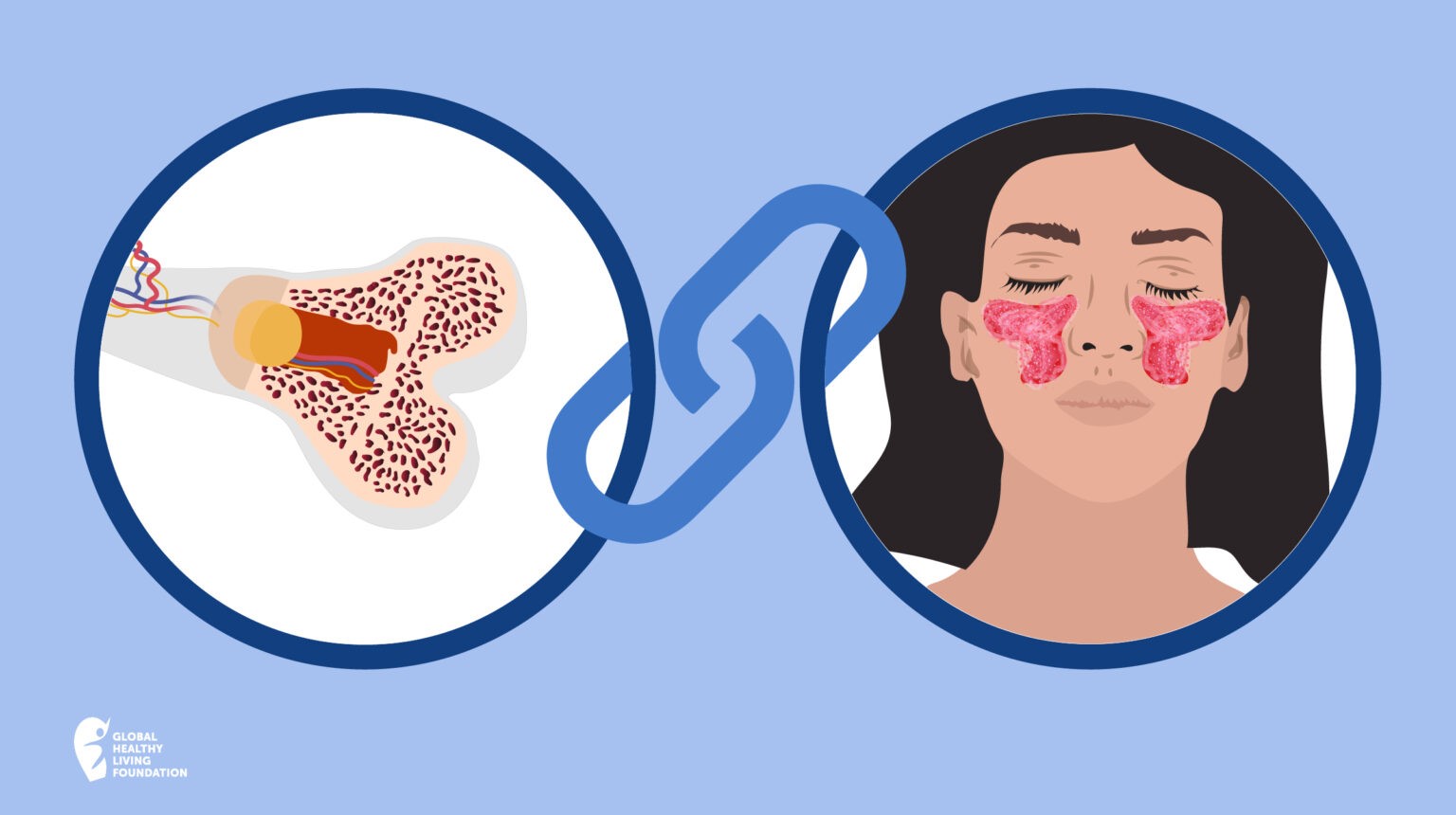

When you have a chronic illness, you can spend a lot of time trying to get people to acknowledge and understand your disease. You explain the mechanics of it, often stopping to define the medical jargon that’s become your second language. You describe, in great detail, the physical pain that turns the simplest tasks, like getting dressed or cleaning, into exhausting obstacles. You share how the illness has taken a toll on your mental well-being, causing depression, anxiety, brain fog and other issues that get in the way of your happiness and productivity.
If you’re lucky, many people will respond with empathy and sentiments of support. But, chances are at some point, some people will hear your story, take a look at how you appear on the outside and say some version of, “but you don’t look sick!”
In many cases, they mean this as a compliment of sorts — the implication being, it’s amazing that you look as well as you do given how sick you say you are. Sometimes, however, this phrase is weaponised to doubt or question the seriousness of your condition.
Regardless of the intent, these five words pack a punch that not only bruises a person emotionally but derails the work that patients and advocacy groups like the Global Healthy Living Foundation (GHLF) and the CreakyJoints community do in many countries to raise awareness about the challenges of living with chronic illness.
Many Chronic Conditions Are Invisible
May is Arthritis Awareness Month in the US. This year CreakyJoints (our sister organisation in the US) ran a campaign that sought to raise awareness of the challenges of living with invisible illnesses. They asked members of their community to share some of the things they’ve experienced while living with a chronic illness. In sharing these stories, they hoped to make the invisible elements of their illnesses more visible.
One experience many community members shared was of being told “you don’t look sick” at some point in their chronic illness journey. For many, this phrase is a dismissive dagger that belittles their physical, mental and emotional struggles.
“It’s not a compliment,” Rachel M. says of the phrase. “It’s heard as an undermining of the fact that I feel like poop. The reality is that I’m in pain and exhausted every single day.”
Dawnique S. echoes Rachel’s thoughts, noting that looks can be deceiving when you have a chronic illness. “People don’t understand how bad you are really feeling because you ‘look fine,’” Dawnique writes. “Yes, I look fine but I’m feeling like I’m dying.”
Some people, like Josie P., are so tired of hearing the phrase that they no longer discuss their disease in detail.
“I just say, ‘I have three autoimmune diseases,’ and leave it at that,” she shares. “It’s exhausting trying to get people to get it, and the process usually comes with judgments, assumptions and bias. … If people want to learn and ask questions, then I am here to educate as much as I can. But as soon as [people] start getting rude and judgy, we are no longer having a conversation.”
Here are some more community members’ thoughts on this controversial phrase, as well as their tips for responding to it and what they’d like to hear instead.
Why the Phrase ‘But You Don’t Look Sick’ Is Harmful to People With Chronic Illnesses
The way a person looks should not — and does not — define their wellness
“People assume that you’re fine because ‘you look good,’ or ‘you’re so smart’ when that has nothing to do with living with a chronic disease. One minute I can handle doing something that requires exertion. The next minute I’m unable to complete it.” — Teresa S.
“‘But you felt fine yesterday.’ People don’t realise how quickly, even over a matter of hours, that our diseases can knock us on our butt.” — Dawn P.
“No one realises the pain I am actually in 24/7 [and] the constant fatigue, all because ‘you look fine to me.’” — @Dajoja
“I wish people could live in my body for 72 hours to really feel what I feel every single day, all day.” — @Kimmie_ann1
But it isn’t just friends, family and strangers who dismiss patients’ pain based on appearance. Several members of the community said their doctors have also commented on whether or not they “look sick.”
“Most of the doctors I see are telling me what I can still do because ‘I don’t look that sick yet’ — doctors who can’t seem to read a chart and don’t believe their patients.” — @Freedomlei
“My doctor straight up told me wearing makeup is a sign it’s not as bad as I say it is. … She doesn’t know the days I wear makeup are the days I need to hide my physical reality the most.” — @applez13
Saying someone doesn’t look sick can imply they are faking their illness, which can be harmful to their care
“I have been told I don’t look sick. I’m a part-time wheelchair user and when people see me walking, they think I’m faking the debilitating arthritis.” — @VenZenix
“People look at me like I’m faking [when I’m] in a motorised shopping cart. It’s so difficult to explain exhaustion. Before coronavirus happened, if I wore lipstick, people thought I was lying [about needing to] park in a handicap space.” — @Tmorse895
“[You] can’t look nice if you go somewhere or people think you are well because you look nice, not knowing what you are actually hiding or the struggles you are having.” — @Trujillo0827
“You try your best to live as normal a life as possible because you can’t give in to this illness, but then people think you’re faking it.” — @haylsh
Questioning someone’s pain and wellness may result in the loss of that relationship
“I fell out with one of my closest friends last month. … She said I was using my illness as an excuse. Luckily I have some amazing support from other friends.” — @janebradley685rawarrior
“My husband literally closed the door on me because he didn’t know how to help me. He just closed the door in hopes of ‘out of sight, out of mind.’ It’s very cruel, but we have to care for ourselves and not stress about other[s] that just don’t understand that the pain is very real, and constant and never-ending.” — @katramkapell
“[People] look at you like ‘whatever you look fine.’ Well, guess what, if you don’t get it then I don’t need you in my life.” — @Mamabear5415
Dismissing someone’s pain keeps them from talking about it which, in turn, keeps them from raising awareness
“Since I know what the response will be (‘you look fine to me’) I don’t bother talking about [my illness].” — @kht718
“For years I felt so much shame for being called lazy, and then in the last year I realised when you’re in that much pain and overwhelmed and everyone is telling you it’s not real and that you’re lazy, of course you don’t seek treatment and self-advocate. … It’s so damaging for people in this situation to be denied their experience.” — @Ms.stratford
How People Respond When Told “But You Don’t Look Sick”
Over the years, some members of the community have found clever ways to respond to those dreaded five words.
“I’ve decided to say, ‘Thanks, I’ve decided I’m going to look good in my grave.’” — @bodymindconsult
“I preempt them and say, ‘I may look normal on the outside, but I’m a HOT MESS on the inside.’” — @TheTaliMama
What to Say Instead of ‘But You Don’t Look Sick’ (and Other Phrases Like It)
As members of our community have explained, telling someone with a chronic illness that they don’t look sick comes off as dismissive and rude — even if that’s not the intent. That said, showering someone with an abundance of sympathy is also not necessarily the way to go.
“People [either] don’t believe your issues and don’t think it’s that serious or they pity you and don’t know how to talk to you without saying they’re sorry,” Jennifer W. says. “They’ll hide their struggles because they aren’t as bad as yours or they constantly talk about how bad your life is. It all just gets insulting when all you want is to be treated normally and talked to like a regular person.”
Instead, consider showing empathy for them and their situation. Rene M. shares some phrases that “make me feel like I’m important and my diseases haven’t made me invisible.” These include:
- I’m here for you.
- What can I help with?
- How are you feeling?
- I can’t imagine how you feel.
However, it isn’t just about what you say to someone who has a chronic illness; it’s also about how you treat them.
“When I’m ignored, or told to quit acting, or when someone tells me to, ‘stop milking it,’ that makes me furious. [It] can add five points to the pain level and sometimes set me back on my acceptance of my own condition,” Elizabeth F. writes. “But when I ask for a little help and someone does it without me having to explain, it takes part of my pain away.”
Keep Reading
- How the Spoon Theory Helps Me Explain the Fatigue of Chronic Illness
- Patient Stories
- Patient Guidelines
- Patient PrepRheum Podcast
- Living With Arthritis During COVID-19: Education and Support Resources
This article has been adapted, with permission, from a corresponding article by Leah Rocketto on the CreakyJoints US website. Some content may have been changed to suit our Australian audience.




